Art History & Art Conservation
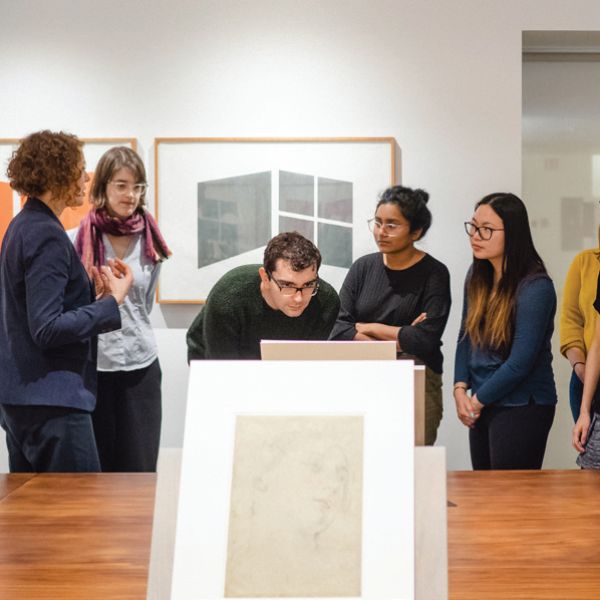
The Art History program offers degrees at the undergraduate and graduate level. Art History courses offer students a unique opportunity to develop the essential skill of visual literacy -- learning to look carefully and think critically about the visual images and material objects that surround us. Encompassing global art traditions from prehistory to the present, courses introduce students to a range of interdisciplinary methods, topics, and media. We explore how visual and material culture shapes human society across time and around the world. Queen's Art History students can take advantage of experiential learning opportunities in Venice (Venice Summer School/Venice and Its Biennale) and at Bader College, our 15th-century castle in England, in addition to internships for course credit at the Agnes Etherington Art Centre on campus and in other museums across Canada. Research opportunities abound at Queen's which is home to the magnificent Bader Collection of European art as well as collections of contemporary, Indigenous, African, and Canadian art. Through field trips, internships, and other activities in and out of the classroom, students gain first-hand experience in analyzing and interpreting works of art and architecture in preparation for careers in museums and archives, academic institutions, heritage preservation and tourism, journalism, art business, art law, and cultural policy.
The Art Conservation program is offered at the graduate level only. It is the only Master of Art Conservation program in Canada. Art conservation is an exciting and challenging multidisciplinary field that involves the examination, interpretation, analysis, and treatment of cultural, historical, and artistic objects. Professional conservators rely on their knowledge of both the humanities and the sciences in order to understand the creation and production of material culture in the past and present and to ensure its preservation for future generations.
Classics and Archaeology
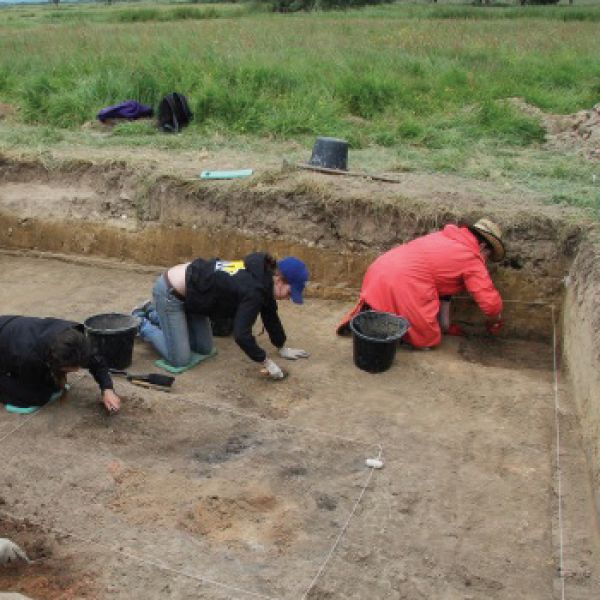
Classics refers to the study of the Greek and Roman worlds. Multi-disciplinary in approach, it involves the studies of history, literature, archaeology, religion, mythology, drama, and philosophy, in addition to the ancient languages of Greek and Latin. Today our understanding of Greek and Roman culture is further enhanced by the latest digital techniques that increasingly pervade studies in archaeology, epigraphy, papyrology, and ancient science and medicine. At Queen’s, students have the opportunity to get hands-on experience in the latest techniques by participating in one of two archaeological excavations supervised by our own faculty, or through a variety of projects and assignments.
Drama & Music
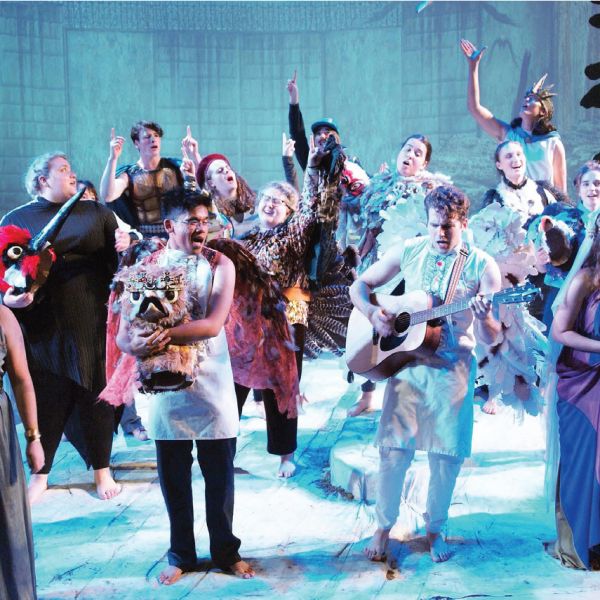
The Dan School of Drama and Music at Queen's University strives to earn its reputation as one of the world's preeminent centres for the study and creation of drama, music and music theatre. We offer a range of undergraduate, graduate, and community outreach programs, including both practice and theory, and both the traditional and the innovative. In principle, the Dan School embraces all the many disciplines that collaborate to realize the professional performing arts. While studies and research in drama and music have comprehensive representation within the Dan School, the intersection of these two disciplines is given particular focus in the area of music theatre where there are opportunities for research, creation, and performance in repertoire ranging from opera to Broadway.
English

The Department of English offers a comprehensive undergraduate program that exposes students to English literatures from a large range of communities, historical periods, and geographical regions. All three English Plans (Major, Joint Honours, Minor) attempt to balance the study of canonical writers, literary forms, and traditions with the study of previously marginalized or unknown writing. The program fosters cross-cultural and historical literacies by encouraging students to engage with literatures from diverse histories and traditions through a range of disciplinary and interdisciplinary approaches.
Film and Media
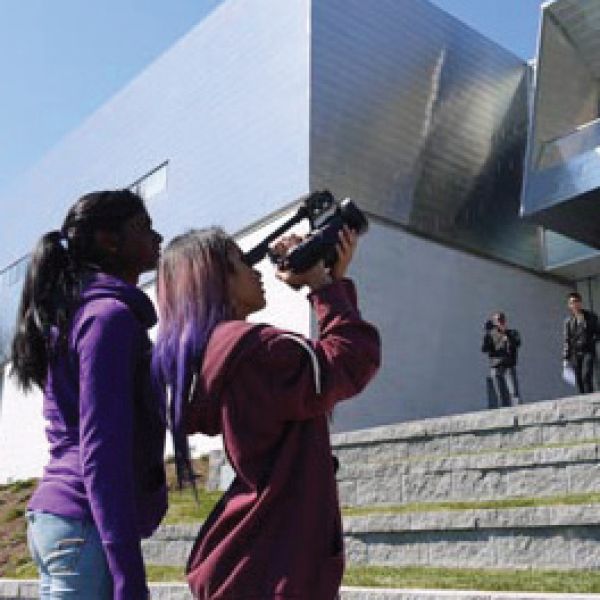
In the Film and Media Department at Queen’s, you will examine modern forms of film, video, television, and emerging varieties of digital culture. You will study the forces that have shaped film and media communication, explore the history and theory of film production, and engage directly in the production of film and video. For students interested in collaboration between the fields of drama and film, there is a Specialization Plan in Media & Performance Production.
Gender Studies
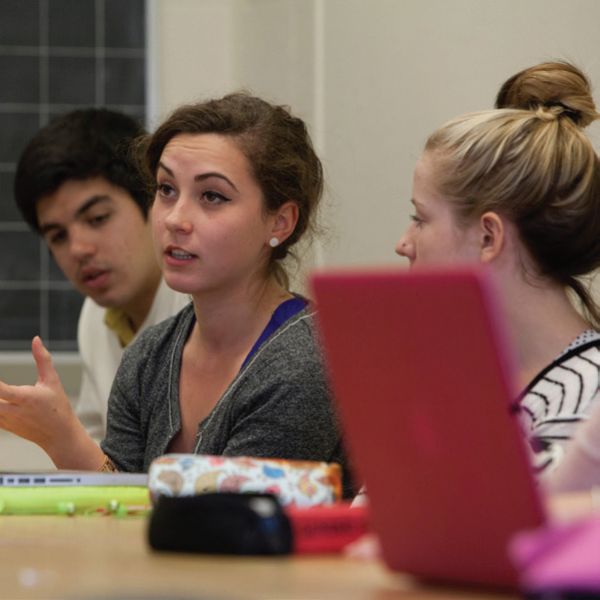
The Department of Gender Studies at Queen’s is distinguished by the centrality of the study of race and colonialisms across all its courses, and by a focus on how to apply knowledge within work for social change. Our curriculum is organized around six key themes: feminist, queer, trans, anti-racist, Indigenous, and postcolonial theories and methodologies; activism and social justice; political economy; representation, art, literature, and creative work; and oral histories and community memories.
History
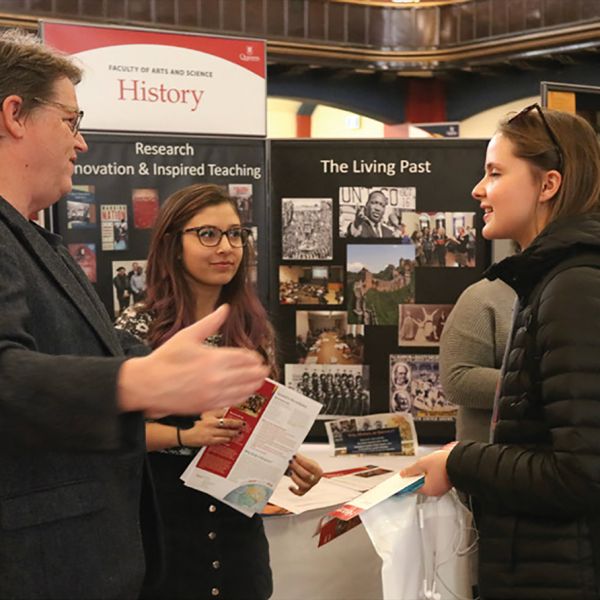
The History Department offers a wide range of courses that span from the pre-modern past to the contemporary era. Geographically, History courses circle the globe and draw from the histories of Africa, Canada, the Caribbean, East Asia, Europe, Latin America, South Asia, and the United States. Thematically the curriculum builds on a number of disciplinary vantage points, including cultural, economic, environmental, gender, global and transnational, Indigenous, intellectual, labour, legal, political, and religious history. Apart from the core curriculum, students have the opportunity to undertake a variety of independent research, community projects, experiential learning, and internship opportunities. The focus on humanistic education and the emphasis on analysis, critical thinking, research, communication, and writing skills prepare history students for careers in law, education, public policy, business, museum and archives, publishing, research, and media.
Jewish Studies

Jewish civilization has a recorded global history of 4,000 years. Drawing from texts spanning from the Hebrew Scriptures to post-modern writing, the study of the Jewish diasporas in their transnational historical and cultural contexts provides students with insight into the complexities of global culture, identity, religion, and politics. All Jewish Studies courses are offered in the History Department.
Languages, Literatures and Cultures
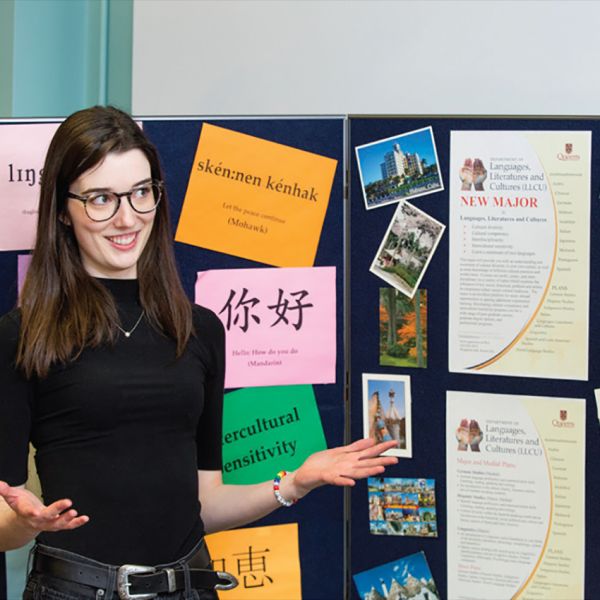
The Department of Languages, Literatures, and Cultures is a multidisciplinary unit that offers students the opportunity to learn languages, develop an understanding of literary and cultural traditions, and pursue studies in the field of Linguistics. The Department offers language courses in Anishinaabemowin, Arabic, Chinese, German, Hebrew, Inuktitut, Italian, Japanese, Mohawk, Oneida, Portuguese and Spanish, Degree Plans in: German Studies; Hispanic Studies; Indigenous Studies; Italian; Languages, Literatures and Cultures; Linguistics, Spanish and Latin American Studies; and World Language Studies, and a Certificate in Indigenous Languages and Cultures. Learning a language prepares students to travel, live, or work internationally and makes them more linguistically competent in Canada’s multicultural environment. The Department of Languages, Literatures and Cultures also offers over 50 courses in English on various cultural and literary topics. These are open to non-LLCU students and can be taken as electives. A degree focusing on languages, literatures, and cultures, or focusing on Linguistics, provides students with valuable transferable skills that are increasingly important in our global world, especially intercultural competencies which are becoming ever more relevant in today’s global work environment. The Department encourages students in all our disciplines to participate in one of the many international study opportunities supported by Queen's.
Philosophy
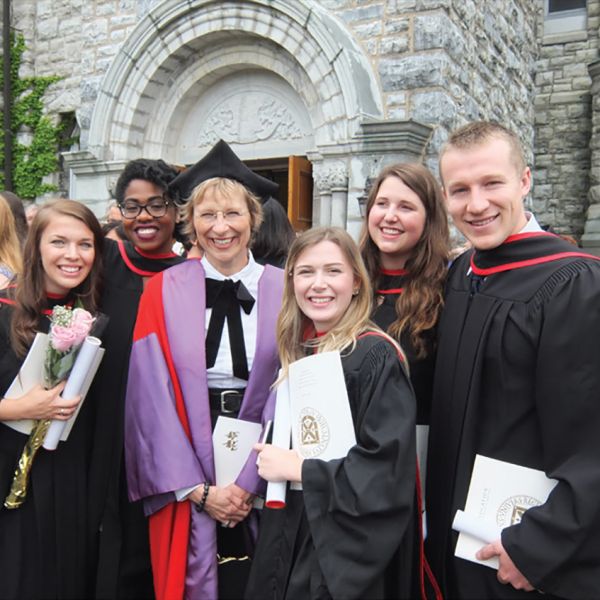
Philosophy will help you develop critical reasoning, as well as effective written and oral communication skills. You will be able to read critically so that you can find hidden assumptions, identify core premises, and evaluate arguments. You will study a range of key ideas and look closely at the work of a number of central philosophers from Plato to the present.
Courses become more focused and go into more depth as you move through your upper years of the program. You will be able to choose from a range of types of courses: from historical to contemporary, and from broad, theoretical investigations to more specifically problem-based inquiries.
Our classes create many opportunities for discussion, whether in small break-out groups or in our senior seminars. Students taking our Major or Joint Honours Plans will be well prepared for graduate work in Philosophy or in other professional programs.
Religion
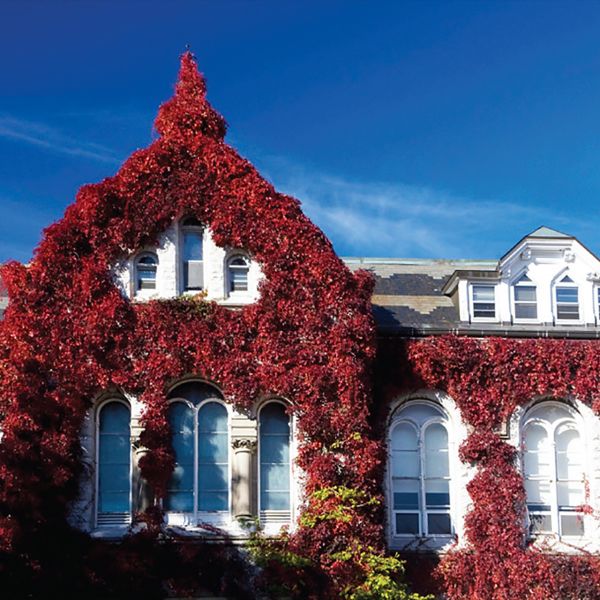
Religion plays a major role in shaping and influencing various cultures and historical and political movements around the world. Thus, understanding religious traditions and their impact on diverse modern issues is vital preparation for building a career in the global marketplace. Studying religion involves examining the history of religious traditions, comparing the ideas and values of different religious systems, and understanding the place and function of religion in society. Students of Religious Studies investigate why people are religious, where religion comes from, and how it should be defined and understood.

